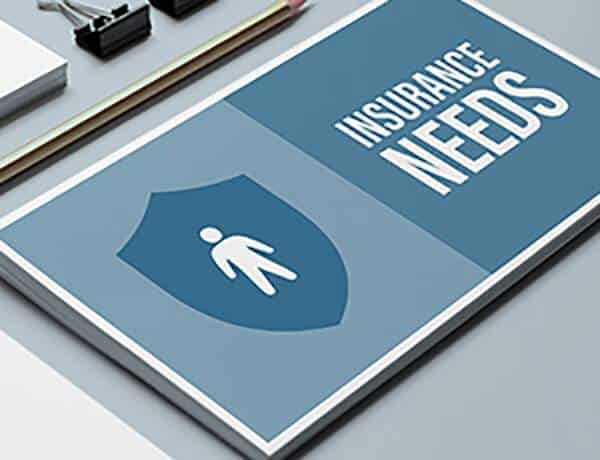Please provide your information and submit this form. Our team will be in touch with you shortly.
The transition to adulthood is an exciting new stage that marks true independence. You may have graduated from college, taken your first job, and even rented your first apartment. With this new freedom come real responsibilities, including protecting yourself from the financial risks life presents.
Auto
Once you are no longer covered on your parent(s) policy, you will need to find insurance coverage in your name. It can be expensive for a young driver, so consider shopping around for the best rates and learn the myriad of ways to reduce this cost, such as coverage and deductible elections, the type of car you own, and available discounts.
Renter’s
If you are moving into an apartment, you should consider renter’s insurance. You may not think you’ve accumulated much in value, but when you calculate the cost of replacing your computer, electronic equipment, HDTV, clothes, etc., it can run into thousands of dollars. Renter’s insurance can be inexpensive. When shopping for a policy, ask about whether it includes liability coverage, which can protect you in the event you are sued by someone who is injured in your apartment.
Health
Federal law requires that all individuals (with limited exceptions) have health insurance. Failure to obtain coverage can result in a financial penalty. Healthcare coverage is frequently obtained through your employer. However, if your employer does not offer a health insurance program, you have two choices for obtaining coverage.
The first is to maintain coverage through your parent’s health insurance plan. Federal law permits parents to keep adult children on their plan up to age 26. This choice may be relatively inexpensive, so you may want to ask your parents to inquire what the monthly premium is to add you to their plan.
The second option is to purchase a policy directly, either through a private insurer, the federal health insurance exchange (HealthCare.gov), or through a state exchange, if available in your state of residence.
Disability
Your single most valuable asset is your future earning power. Your ability to work and earn an income is essential when it comes to your financial survival. Incurring a disability, even for a short period of time, can have substantial economic consequences, making disability insurance one of the most important insurance needs at this stage of life.
Life
Since a young, single adult typically does not have other people depending upon his or her ability to earn a living (e.g., children, dependent parents), some believe the need for life insurance is minimal.
However, due to a long life expectancy at this young age, life insurance coverage can be very inexpensive. You may want to consider obtaining some coverage to take advantage of low rates and good health in advance of a time when you will have dependents.
Extended Care
Given limited financial resources, extended care insurance may be a low priority. Nevertheless, you may want to have a conversation with your parents about how extended-care insurance may protect their financial security in retirement.
The information in this material is not intended as tax or legal advice. It may not be used for the purpose of avoiding any federal tax penalties. Please consult legal or tax professionals for specific information regarding your individual situation.
Several factors will affect the cost and availability of life insurance, including age, health, and the type and amount of insurance purchased. Life insurance policies have expenses, including mortality and other charges. If a policy is surrendered prematurely, the policyholder also may pay surrender charges and have income tax implications. You should consider determining whether you are insurable before implementing a strategy involving life insurance. Any guarantees associated with a policy are dependent on the ability of the issuing insurance company to continue making claim payments.


